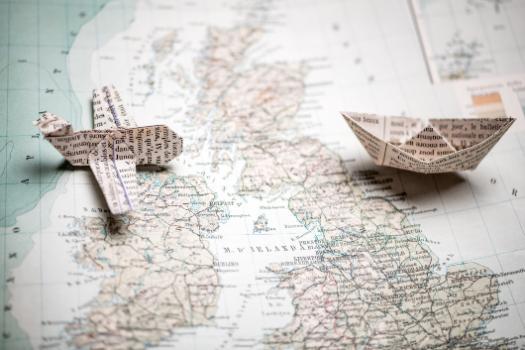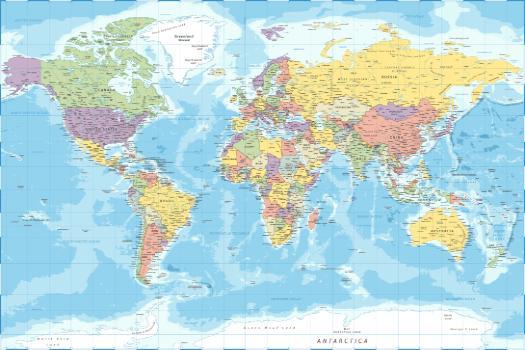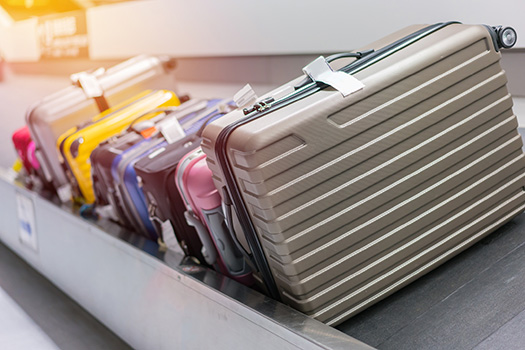Do I need a visa?
This page explains who will need immigration permission to study in the UK. Your immigration permission might be shown on a vignette (sticker) in your passport, on a plastic Biometric Residence Permit (BRP) or it might be a digital status.
Nationals of the UK and the Republic of Ireland
Nationals of the UK and the Republic of Ireland are not subject to immigration control and can enter the UK without obtaining immigration permission.
EEA and Swiss nationals
Citizens of an EEA member state (excluding the Republic of Ireland) or Switzerland, who have a valid status under the EU Settlement Scheme (Pre-settled or Settled Status), are permitted to study. Eligible family members of EEA nationals with a Status under the EU Settlement Scheme may also be eligible to apply, read UKCISA’s guidance about family members of EEA nationals.
If you moved to the UK for the first time after 31 December 2020, then you will be subject to immigration control and will need to obtain the appropriate immigration permission in order to study in the UK. Please read the information in the section Which visa should I apply for?
Holders of more than one nationality
If you hold passports that state you are a citizen or national of more than one country or territory and those countries or territories are in different categories above, then you can benefit from whichever category is least restrictive.
Those who already have immigration permission to stay in the UK
If you already have immigration permission to stay in the UK for another purpose, except Student permission for another institution, you can normally study (full time or part time) at Queen Mary without applying for new immigration permission. See the Queen Mary Permission to Enrol web page.
You must make sure that you will continue to meet the requirements of your current immigration permission whilst you are studying and that your immigration permission does not prohibit you from studying at Queen Mary.
If you are thinking about studying on your existing immigration permission, check that you will have enough time to complete your course before your current permission expires, or that your permission can be extended. For example, if you are a dependant, check with your family member that they plan to extend their stay, and that you will be included in the application.
You may already know that you will need to make an application for Student immigration permission at some point during your studies, for example, you are currently in the UK as a dependant and the person you are accompanying needs to leave the UK before the end of your studies. Check if you will be eligible to apply for Student permission in the UK if you are not able or do not wish to extend your current permission.
If you wish to apply for the Graduate Route visa on completion of your studies, please note the minimum period for which you would need to be in the UK with Student permission .
Visa nationals
If you only hold a passport or passports that state you are a national or citizen of one of the countries on the visa national list, you must always apply for immigration permission before travelling to the UK. The visa national list is in Immigration Rules Appendix Visitor: Visa national list.
Non-visa nationals
The visa national list is in Immigration Rules Appendix Visitor: Visa national list. If you have a passport or travel document issued by a country or territory not on the visa national list, then you are a non-visa national. If you are coming to study on a course of longer than six months you must apply for immigration permission before you travel. If you are a non-visa national who wishes to come to study on a course of up to six months, you can apply to enter as Visitor on arrival to the UK, but there are specific requirements you need to meet.
Entering the UK via the Republic of Ireland
You might travel to the UK via the Republic of Ireland. However, it is important to understand that both countries are part of a Common Travel Area (CTA). There is no immigration control on arrival in the UK from the Republic of Ireland. It is important to check how this can impact your immigration permission in the UK. Before you travel, please read the guidance on the UKCISA website to understand how you may be affected if you arrive in the UK via the Republic of Ireland.
Please note this is only an issue when arriving via the Republic of Ireland (for example, via Dublin). Northern Ireland is part of the UK.




